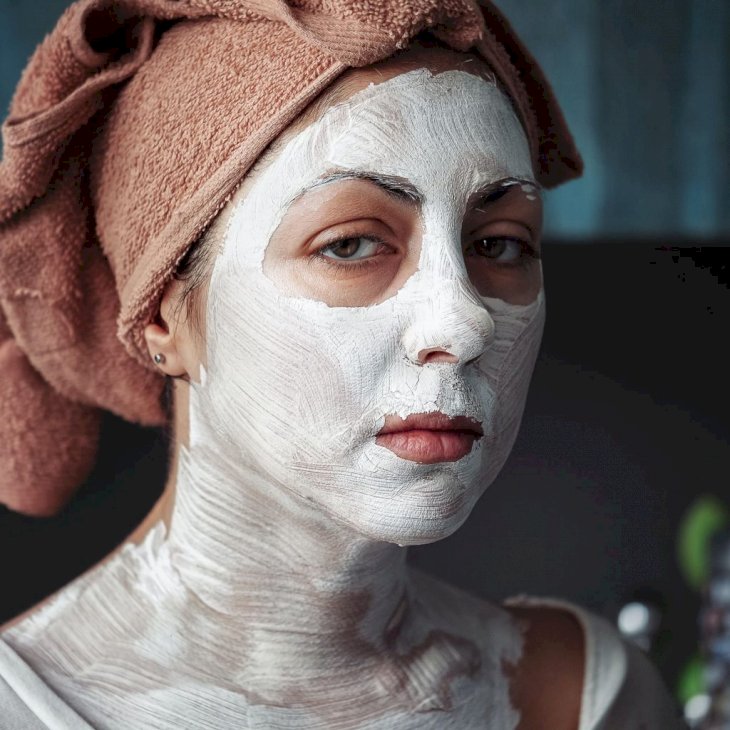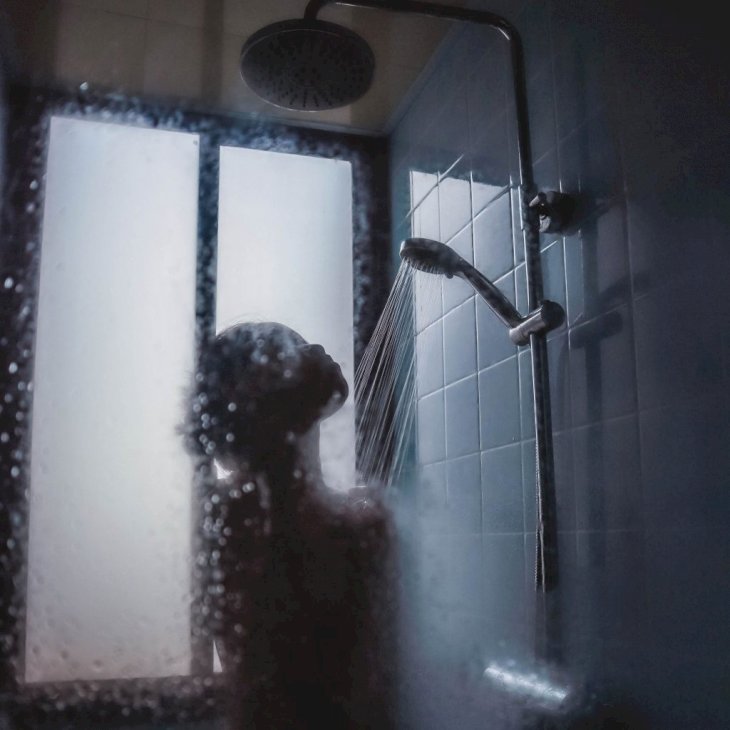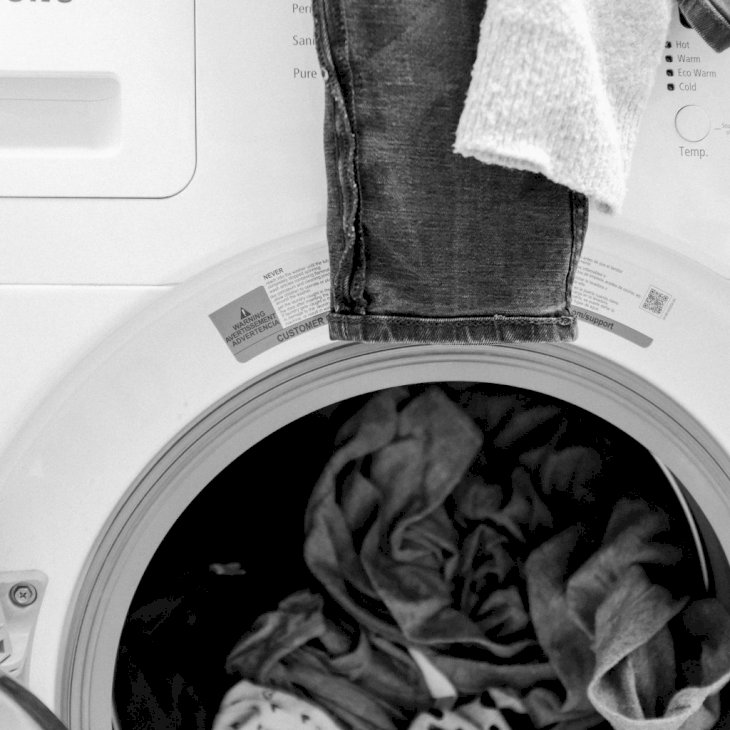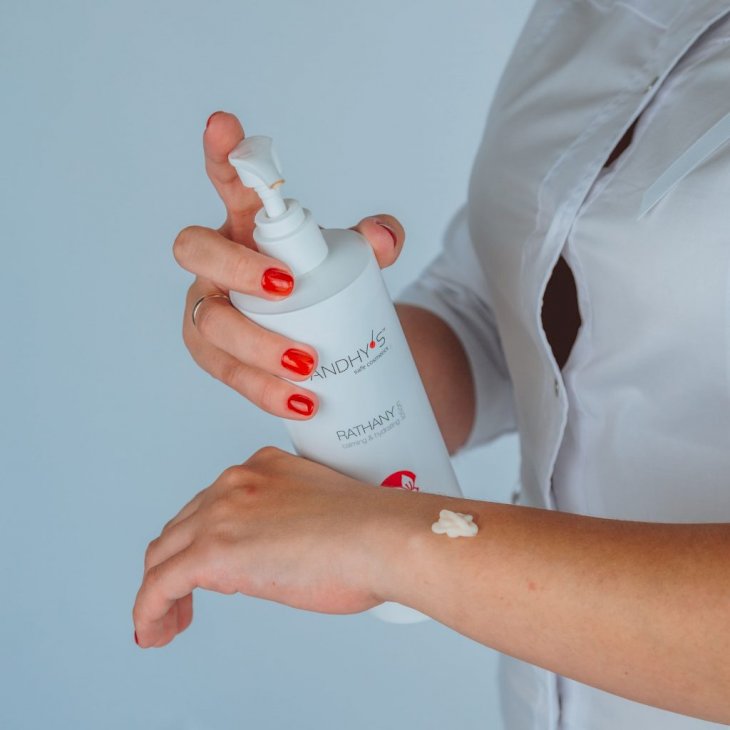
A Guide To Controlling Chest Acne
When it comes to breakout, treatments are usually discussed in common areas such as the face and neck. But chest acne is a thing, and here’s how to treat it.
There’s a myriad of products and treatments aiming at facial acne, from facial cleansers to masks. But we need to add to the discussion other not-so-common body parts that breakouts can occur, like the back and chest.
According to a study from the NHS, 15% of people who have acne can also affect their chest. The types of acne that might occur in the chest area are blackheads, whiteheads, pimples, and cysts. If you’re dealing with breakouts on your chest, here are a few ways to control them.
Exfoliation

Photo by Velizar Ivanov on Unsplash
Exfoliation will help your skin in its renewal process. Scrubbing your chest with the appropriate scrub will remove dead skin and prevent pores from clogging and form more acne. Exfoliate once a week and not more than this; otherwise, you might irritate your skin.
Switch To Shower Gels That Treats Acne

Photo by Hannah Xu on Unsplash
Opt to shower gels and body washes containing helpful ingredients such as tea tree oil, charcoal, salicylic acid, and glycolic. If your acne persists even after switching to an acne-fighting body wash, you should seek medical treatment.
Try New Laundry Detergent

Photo by Charles Deluvio on Unsplash
Some laundry detergents may contain certain ingredients that may irritate your skin, like dyes and fragrances. These ingredients may put your body at risk of breakouts. In this case, you can look for laundry detergents labeled as “hypoallergenic.”
Switch To Clean and Non-Comedogenic Body Lotion

Photo by Marina Abrosimova on Unsplash
Body lotions stay on the skin all day long, so it’s important to watch out for what kind of product you’re applying to your skin, especially on your chest area. Some products containing fragrances may irritate the skin even more than hydrating.
Check With a Dermatologist

Photo by Online Marketing on Unsplash
Have you tried virtually everything, and nothing seems to work? Maybe it’s time to see a dermatologist. If your chest acne persists after more than ten weeks after you started any given at-home treatment, talk to a specialist, and they can recommend you the most appropriate treatment.